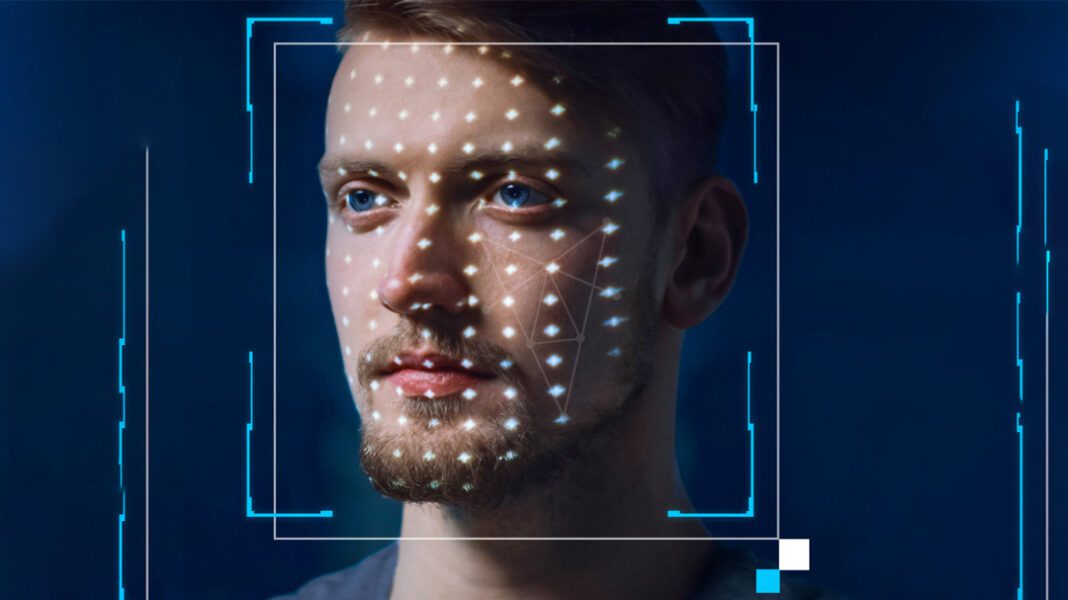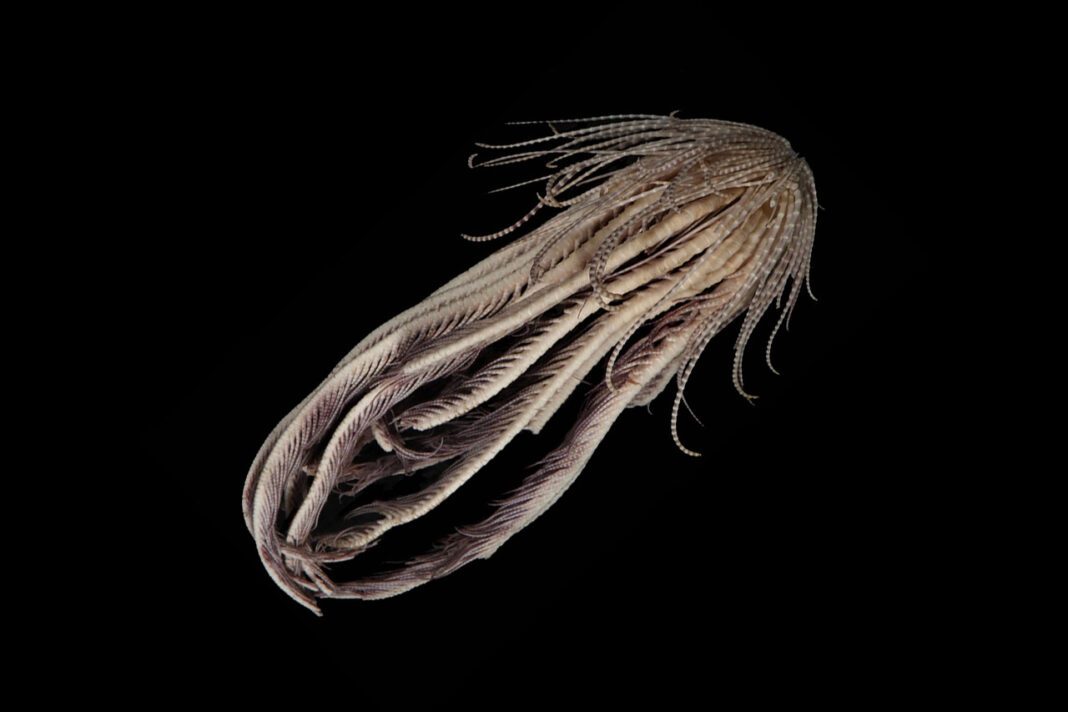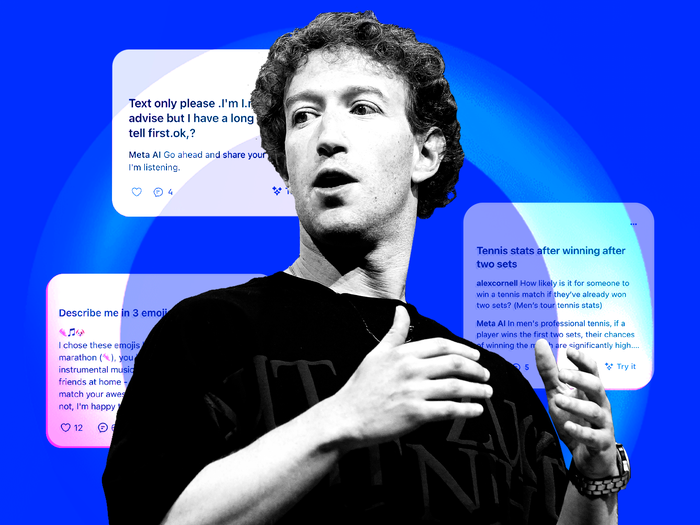Denmark is set to become the world’s first country to let citizens copyright their own face, voice, and likeness to fight AI-generated deepfakes. This groundbreaking amendment to Danish copyright law was proposed on June 26, 2025, and has gained cross-party support
What the Law Will Do
The proposed changes give individuals legal ownership over their physical likeness—face, voice, body—making unauthorized AI recreations illegal. Platforms must remove deepfakes when notified, and users can seek damages via civil law
Exceptions for Parody and Satire
The law includes safeguards for freedom of expression. Parody and satire will be specifically protected. The intent is to target harmful or misleading deepfakes, not limit humor or artistic expression
Incentives for Tech Platforms
Tech companies face strong incentives: if they don’t act under the EU Digital Services Act, they could face hefty fines. Post-notification removal is a key requirement
Global Significance and EU Leadership
Denmark’s move marks the first time personal likeness is likened to copyrightable property, legally on par with musical or written works. With its upcoming EU presidency, Denmark plans to promote similar laws across Europe
What This Means for You
Under this law, Danish citizens will be able to:
- Request the removal of unauthorized AI-generated content.
- Seek compensation for rights violations.
- Hold platforms legally responsible if they fail to act.
This step prioritizes personal autonomy over digital likeness and sets a precedent for future global AI regulations.
Timeline for Implementation
The proposal is open for public consultation this summer and is expected to be submitted to the EU for review, with likely passage by late 2025 or early 2026
Summary
Denmark is leading the way by allowing citizens to legally own their face, voice, and body as intellectual property, giving them stronger control over deepfake threats. With protection for satire and heavy fines for non-compliance, the country is set to influence AI laws across Europe.



